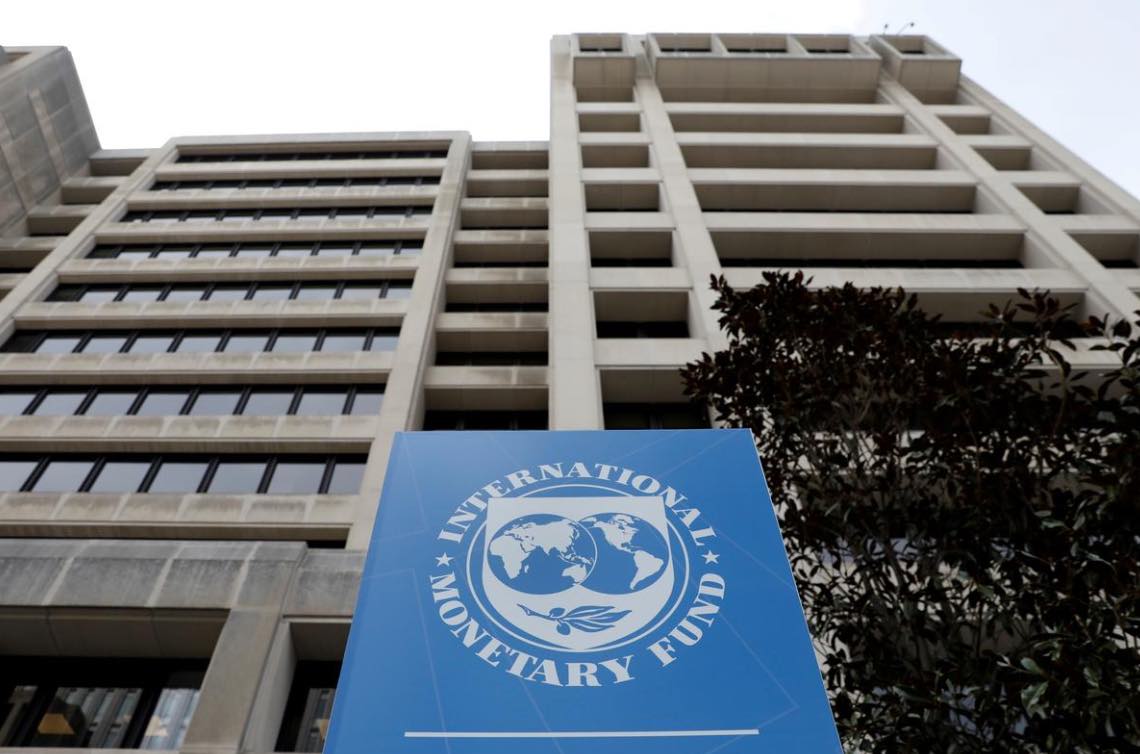Officials plan to cut state wheat imports this year by around 10 percent, with the world's largest grain importer relying instead on its domestic crop and building storage, according to the agriculture minister on Tuesday.
The world's biggest wheat importer, Egypt buys about 10 million tons a year or around half of its consumption, with purchases shared between state wheat buyer General Authority for Supply Commodities and private importers.
But two years of political turmoil and economic crisis since the ousting of autocrat Hosni Mubarak have eroded hard currency reserves at a rate of about US$1 billion a month, raising questions about the nation's future ability to purchase in open tenders.
Supply Minister Bassem Kamal was quoted last week as saying he expected US and European exporters to provide "easy terms" as it seeks to replenish falling stocks.
Egypt needs around 9 million tons of wheat for its subsidized bread program, Salah Mohamed Abdel Momen told Reuters in an interview on the sidelines of an industry conference in Dubai.
"We are expecting, God willing, to produce around 9-10 million tons this year," he said. "Last year the total amount that we could store from our own local wheat was 3.8 million tons, this year with the addition of more storage we are expecting to reach 4.5 million tons."
The nation produced 8.4 million tons of wheat in 2012. The US Department of Agriculture and International Grain Council predict it will increase production only marginally to 8.5 million tons in 2013.
With the improvement and additional storage facilities Abdel Momen expects state imports to be around 4-5 million tons, a 8-10 percent drop from last year.
Asked if Egypt had a budget allocated for imports, he said that there was no shortage of funds for importing grain needed for subsidized bread, and around $1.6 billion will be used to purchase wheat from Egyptian farmers.
"We will not compromise on the quality of the subsidized bread, and it's not true that we plan to buy lower quality wheat from abroad. We'll buy from countries like Ukraine, Russia, France and the US," he said.
However with the country's politics paralyzed and its hard currency-earning tourism industry devastated by repeated waves of deadly riots between supporters and opponents of President Mohamed Morsy, industry sources said the country would face difficulties making such purchases.
State purchases since January have fallen to less than a quarter of the same period last year.
The country's strategic stocks of imported and local wheat fell to 2.116 million tons of the grain from international and local markets, enough to last 85 days, a cabinet report said on March 27.
However Abdel Momen said that stock levels were actually around 2.8 million tons, enough to last till June.
"Our biggest challenge right now is to build enough storage areas so we can store more of the domestic crop, and once we do that we won't be at risk of any shortage."




